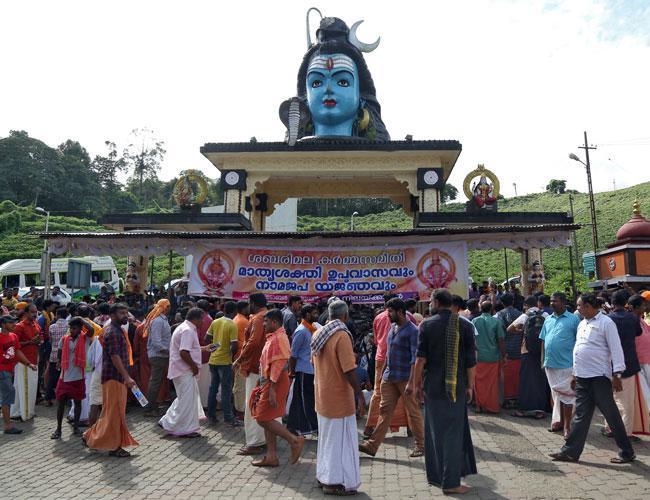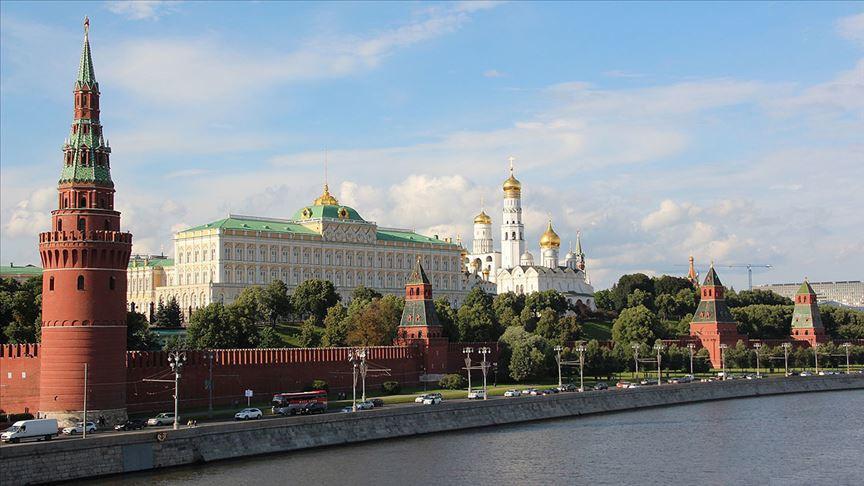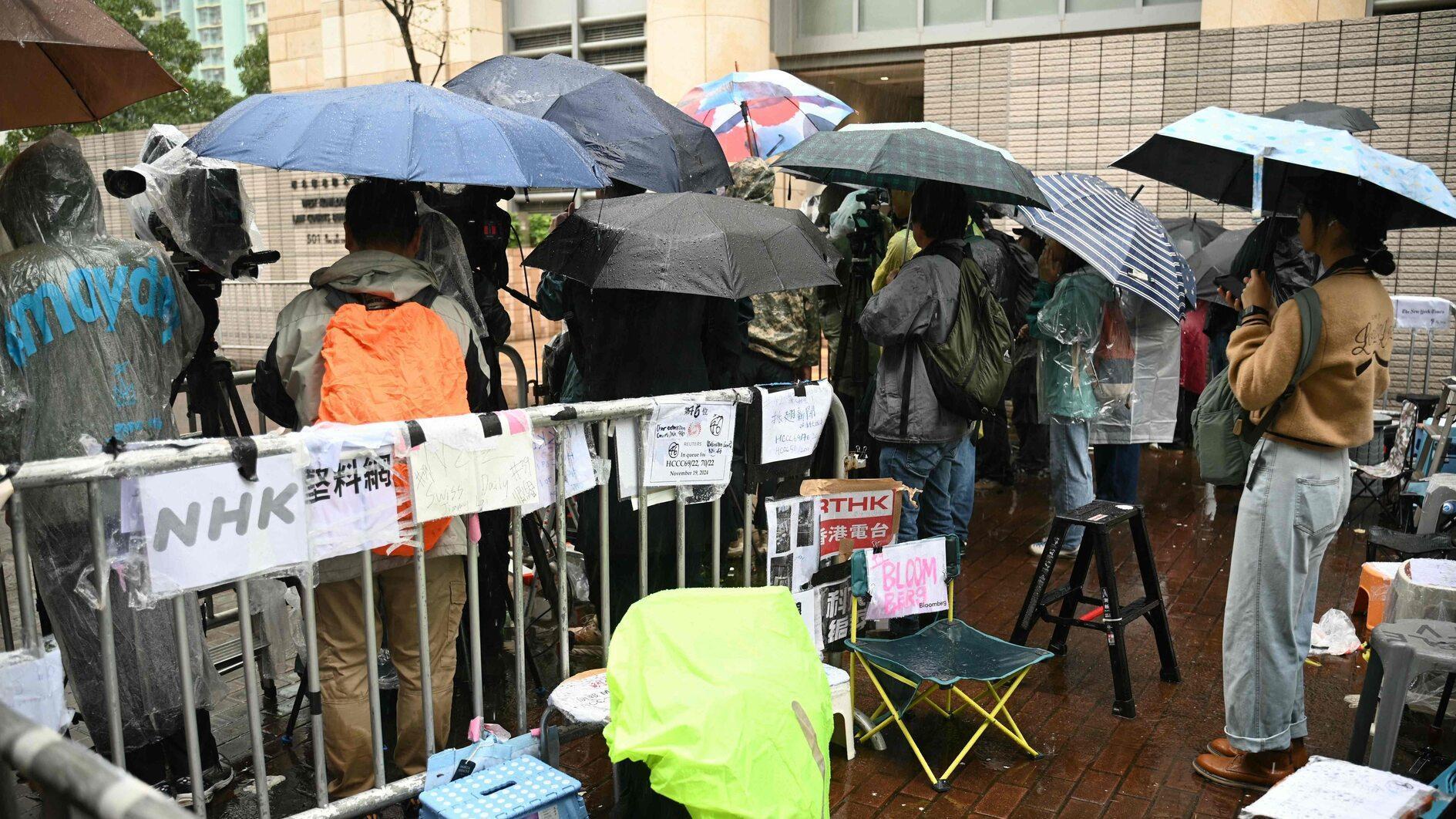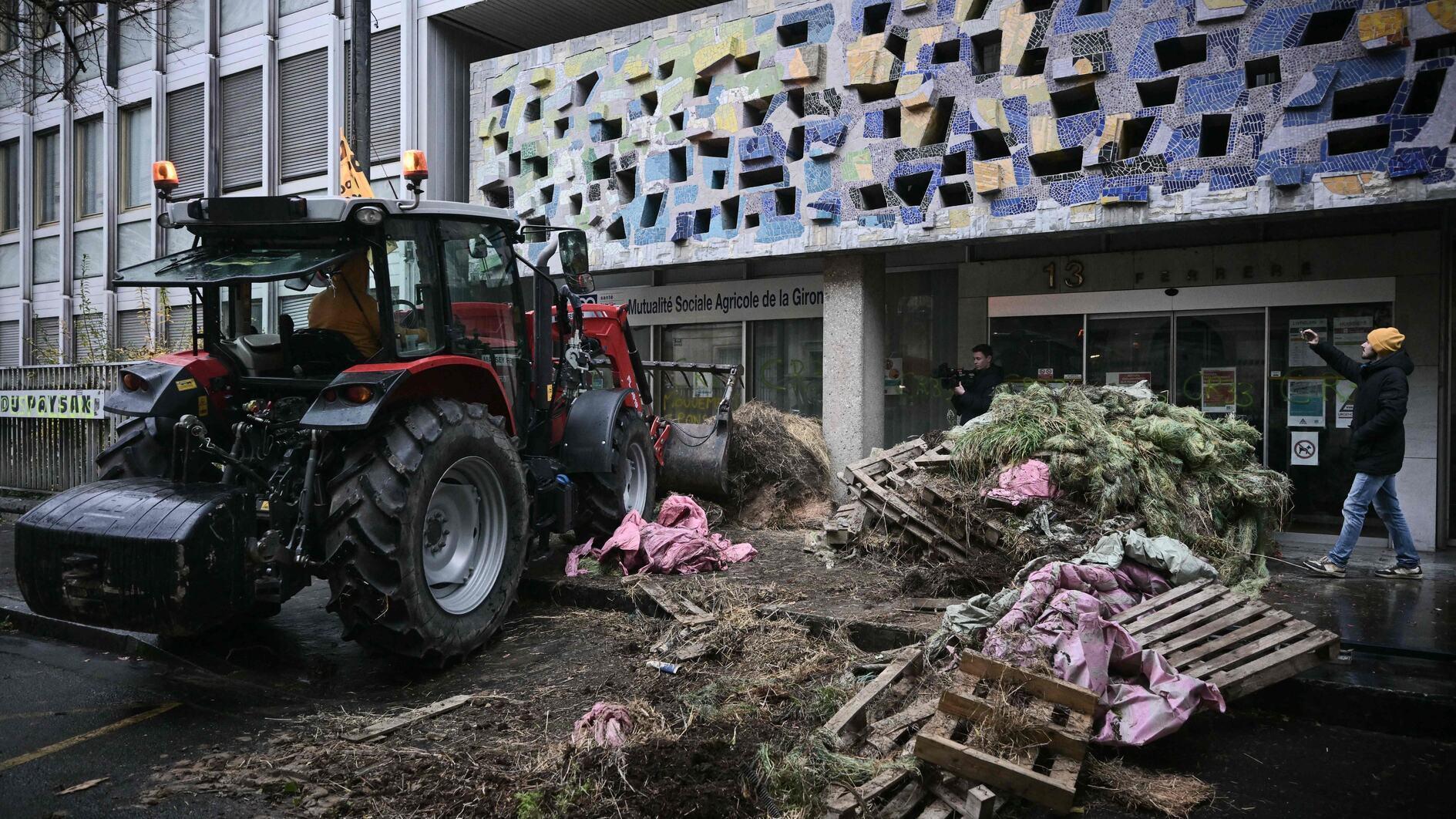Female reporters attacked at Indian temple town in dispute over ban on women
NILAKKAL, India – Reuters

Rightwing Hindu groups attacked women journalists at an Indian hill temple on Oct. 17, trying to prevent women of menstrual age entering for the first time in centuries, despite the presence of hundreds of police.
The Sabarimala temple in the southern state of Kerala has been the cause of tension since India's top court ruled last month that banning some women from entering infringed the right to worship.
Hardline Hindu groups have threatened to commit mass suicide to prevent women from entering in a cultural battle between the Supreme Court, that has recently delivered landmark judgments legalizing gay sex and adultery, and traditional bodies that still hold sway in a deeply religious country.
 The Hindu groups, that include Shiv Sena, a former ally of Prime Minister Narendra Modi's Bharatiya Janata Party, say the prohibition on women of menstrual age entering is required to appease the temple's chief deity, Ayyappan, depicted as a yoga-practising God considered eternally celibate by followers.
The Hindu groups, that include Shiv Sena, a former ally of Prime Minister Narendra Modi's Bharatiya Janata Party, say the prohibition on women of menstrual age entering is required to appease the temple's chief deity, Ayyappan, depicted as a yoga-practising God considered eternally celibate by followers.
Kerala's Communist government, that runs the state along secular lines, has pledged to uphold the court ruling.
A female journalist from CNN NEWS 18 was attacked by protesters, who smashed the windows of the car she was travelling in in view of the police, footage from the channel showed.
"It was shocking that officers were there doing nothing," the reporter, Radhika Ramaswamy, said in a broadcast by the station. "Protesters had free rein, attacking our vehicle."
Footage from CNN NEWS 18 showed police chasing protesters through dense forest near Nilakkal, the main entry point to the temple, which is about 18 km (11 miles) further away. The protesters had been throwing stones, the channel reported.
Saritha Balan, a journalist from online publication The News Minute, was kicked by protesters while accompanying devotees trying to access the site, she told Indian TV, while camera crews from several other channels had their vehicles vandalized.
Earlier, a lone woman travelling to Sabarimala by bus was stopped at the bus stand near the gateway by a group of protesters.
The woman, identified as Libi by local language channel Asianet News, came from the neighboring district of Alappuzha.
"When democracy and the Supreme Court order are being defied by protesters, I have come with the firm intent of visiting Sabarimala," Libi, who uses only one name, told the channel.
"I am not scared. The police are providing full security. I have come alone," she said, adding she was ready to face trouble.
Police have registered cases against more than 50 people in connection with the incident, media reports said.
A family of four from neighboring Andhra Pradesh state, including at least one woman, were shielded by police carrying sticks after protesters shouting slogans prevented them from reaching the temple.
Police said around 500 police, including 100 women officers, had been deployed at Nilakkal.
"Nobody will be allowed to prevent anybody. We will do everything possible to implement the law of the land," said Inspector General of Police Manoj Abraham. "None will be allowed to take law into their hands."
Overnight, police cleared hundreds of protesters from a site in Nilakkal. There were at least six arrests, with a group of three arrested in connection with an assault on a woman and her husband from the neighboring state of Tamil Nadu.
Pilgrims have for centuries visited the Sabarimala temple, in a remote tiger reserve in the Western Ghats mountain range.
Many of those visiting the site take a vow of celibacy for 41 days before beginning a trek through the mountains to the temple, located around 3,000 feet above sea level, according to the temple's website.
















